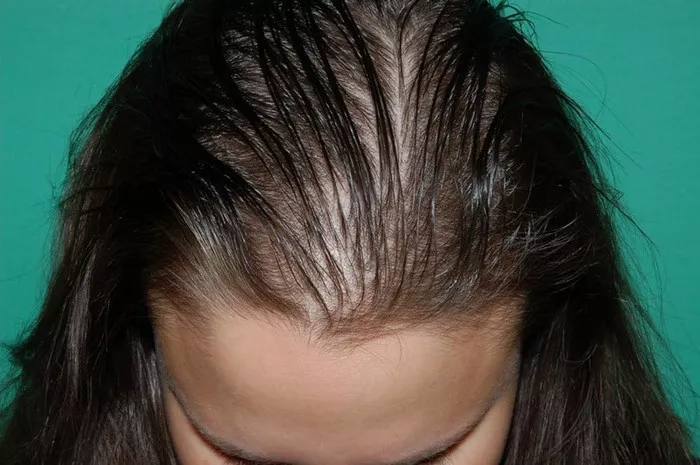White hair is a natural part of aging, but premature graying can be a concern for many individuals. While genetics play a significant role in determining when your hair turns gray, certain lifestyle factors and nutritional deficiencies can also contribute to the process. One key aspect of maintaining healthy hair is ensuring an adequate intake of essential vitamins. In this article, we will explore which vitamins are beneficial for preventing or managing white hair.
1. Vitamin B12: The Anti-Gray Nutrient
Vitamin B12, also known as cobalamin, is crucial for maintaining the health of your hair follicles and preventing premature graying. This vitamin plays a vital role in the production of red blood cells, which supply oxygen to the hair follicles. Oxygen is essential for the production of melanin, the pigment responsible for the color of your hair.
A deficiency in vitamin B12 can lead to inadequate oxygen supply to the hair follicles, resulting in premature graying. Include sources of vitamin B12 in your diet, such as fish, meat, dairy products, and fortified cereals, to ensure you meet your daily requirements.
2. Vitamin E: The Antioxidant Shield
Vitamin E is a powerful antioxidant that protects your hair from oxidative stress and damage. Oxidative stress can accelerate the aging process of hair, leading to premature graying. By neutralizing free radicals, vitamin E helps maintain the health of your hair follicles and supports the production of melanin.
Include vitamin E-rich foods in your diet, such as nuts, seeds, spinach, and broccoli, or consider taking a vitamin E supplement after consulting with a healthcare professional.
3. Vitamin D: The Sunshine Vitamin for Hair Health
Vitamin D is not only essential for bone health but also plays a role in maintaining healthy hair. Research suggests that a deficiency in vitamin D may contribute to premature graying. Exposure to sunlight is a natural way to boost vitamin D levels, but it’s essential to strike a balance to avoid the harmful effects of excessive sun exposure.
Include vitamin D-rich foods in your diet, such as fatty fish, fortified dairy products, and egg yolks. If you have concerns about your vitamin D levels, consult with a healthcare provider to determine if supplementation is necessary.
4. Vitamin A: Balancing Act for Hair Pigmentation
Vitamin A is crucial for maintaining the health of your scalp and promoting the production of sebum, an oily substance that keeps your hair moisturized. It also plays a role in the production of melanin, the pigment responsible for hair color. However, an excess of vitamin A can have adverse effects, so it’s important to strike a balance.
Include vitamin A-rich foods in your diet, such as sweet potatoes, carrots, and leafy green vegetables. Avoid excessive intake of vitamin A supplements unless recommended by a healthcare professional.
5. Iron: Enhancing Blood Flow to the Hair Follicles
Iron is a vital mineral that supports the transportation of oxygen to cells, including those in the hair follicles. An iron deficiency can lead to insufficient oxygen supply, resulting in weakened and discolored hair. Incorporate iron-rich foods into your diet, such as lean meats, beans, lentils, and dark leafy greens.
If you suspect an iron deficiency, consult with a healthcare provider for a proper diagnosis and guidance on supplementation.
See Also: [Revealed!] Can Male Androgenetic Alopecia Be Reversed?
Conclusion: Holistic Approach for Healthy Hair
While vitamins play a crucial role in preventing or managing white hair, it’s important to adopt a holistic approach to hair health. A balanced diet, proper hydration, regular exercise, and adequate sleep are all essential components of maintaining healthy and vibrant hair. If you have concerns about premature graying or hair health, consult with a healthcare professional to address any underlying issues and receive personalized advice.
By prioritizing the right vitamins and overall wellness, you can take proactive steps toward maintaining your hair’s natural color and promoting long-term hair health. Remember that individual responses to vitamins may vary, and it’s always advisable to seek professional guidance for personalized recommendations tailored to your specific needs.


